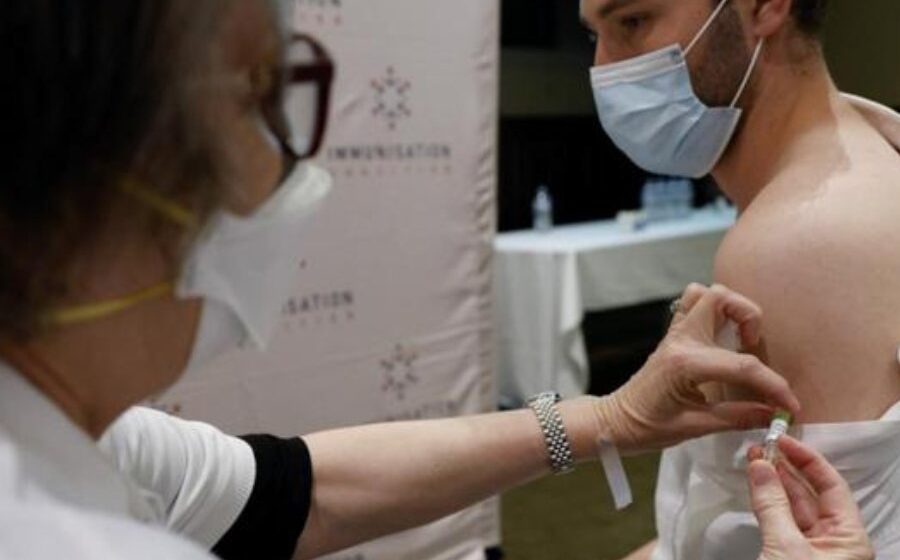A leading doctor is urging Australians to be vigilant for so-called “flurona” infections – as she dispels some common misconceptions.
Flurona made headlines earlier this month when a Victorian woman died after being diagnosed with both COVID and the flu.
Experts say there’s a heightened possibility people could be infected simultaneously as we enter the winter months.
Dr Nirvana Luckraj, the Chief Medical Officer at national public health information service Healthdirect said flurona was commonly misconceived as a new virus.
In reality, she said, it’s a “non-medical term” that means someone has flu and COVID at the same time.
“With COVID continuing to circulate in the community and cases still high in some states, combined with the predicted flu season we are expecting now that restrictions have eased, it’s quite possible that a person could have flu and COVID at the same time,” she said.
“It’s something we want to prevent as these are both potentially severe illnesses and combined would be particularly serious.”
Vaccination is the key to avoiding serious illness, she said.
But don’t expect your COVID jabs to have any impact on the flu.
“The flu vaccine is specifically designed for flu virus and COVID vaccines for COVID – they don’t protect against each other so it’s important to get both vaccines for best prevention this winter.
“Vaccines are one of the most important and simple measures we can take to keep ourselves, our families and communities healthy.”
Cases of the flu have been jumping across Australia, with COVID cases also remaining stubbornly high.
In New South Wales alone, there were 2000 cases of the flu reported in the week ending May 7, almost doubling from the week earlier.
School settings, in particular, are vulnerable to flu outbreaks, Chief Health Officer Dr Kerry Chant said.
“As with COVID-19, boarding schools are a high-risk setting for flu transmission. We’re strongly encouraging all students and staff in boarding schools to get their flu vaccine,” Chant said.
“Boarders with flu should be isolated from others until their symptoms resolve. If a school has three or more boarders with flu, they are urged to contact the local Public Health Unit for advice.”



